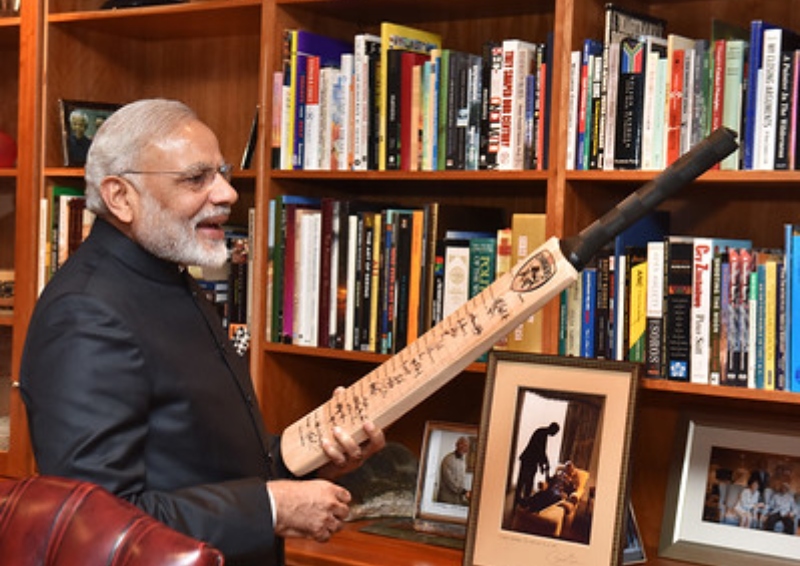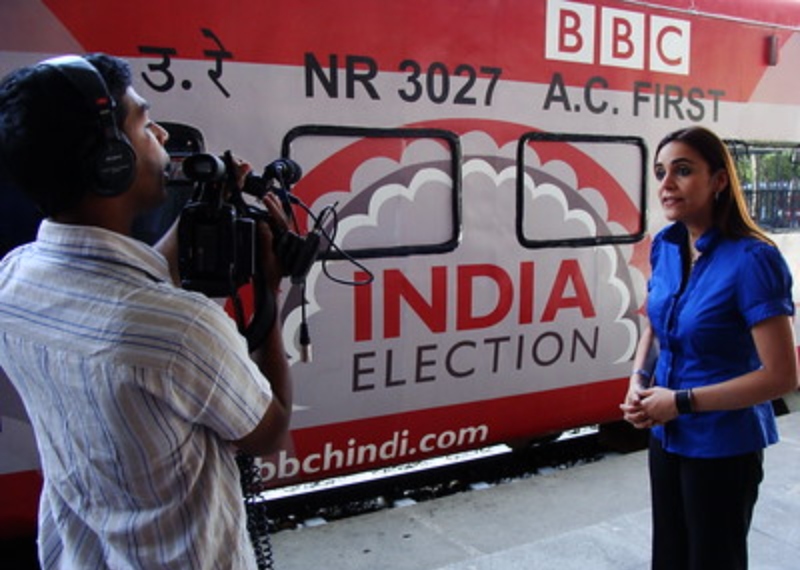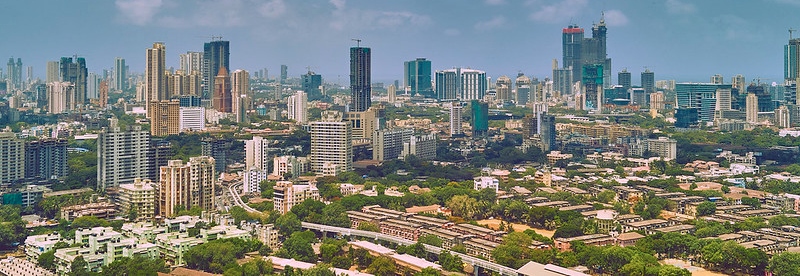As India becomes the world’s largest nation it should be the world’s largest democracy. But was India ever a real democracy? If it was, how is it being threatened under current leader Narendra Modi? And what does the word democracy even mean?
In its 76th year since independence India will go to the polls next year. Modi is hugely popular and is tipped to win. But under his leadership the press, once vibrant, is being strangled, the judiciary is no longer independent, laws have been amended to throw protestors in jail, opposition figures are harassed, and minorities live in fear. While the global attention is focused elsewhere, Indians are fighting to protect their human and civil rights.
What can be done to protect the rights of minorities in India? What will Modi’s priorities be ahead of the 2024 elections? And crucially just how resilient is Indian democracy and is it open to everyone? The newest edition of Index on Censorship magazine explores these questions as we examine the role of free expression in contemporary Indian society. To launch the issue join us for an animated online panel discussion about past, present and future challenges to India’s democracy.
Meet the speakers
Salil Tripathi is an award-winning journalist born in Bombay and living in New York. He has written three works of non-fiction – Offence: The Hindu Case, about Hindu nationalist attacks on free expression, The Colonel Who Would Not Repent, about the war of independence in Bangladesh, and a collection of travel essays. He is writing a book on Gujaratis. More recently, he co-edited (with the artist Shilpa Gupta) an anthology honouring imprisoned poets over the centuries. He has been a correspondent in India and Southeast Asia. He was chair of the Writers in Prison Committee at PEN International and is now a member of its international board. He has studied in India and the United States and lived in the UK.
Dr Maya Tudor is an Associate Professor of Politics and Public Policy at the Blavatnik School of Government at the University of Oxford. She researches the origins of effective and democratic states with a regional focus on South Asia. She is the author of two books, The Promise of Power: The Origins of Democracy in India and Autocracy in Pakistan (2013) and Varieties of Nationalism (with Harris Mylonas, 2023 Forthcoming). She writes for the media on a regular basis, including in Foreign Affairs, Washington Post, New Statesman, The Hindu, India Express, and The Scotsman.
Hanan Zaffar is a journalist and film maker based in South Asia. He reports on Indian minorities and politics. His work has appeared in Time Magazine, VICE, Al Jazeera, DW News, Newsweek, TRT World, Channel 4, Middle East Eye, The Diplomat, and other notable media outlets.
Jemimah Steinfeld is editor-in-chief at Index on Censorship. She has lived and worked in both Shanghai and Beijing where she has written on a wide range of topics, with a particular focus on youth culture, gender and censorship.





